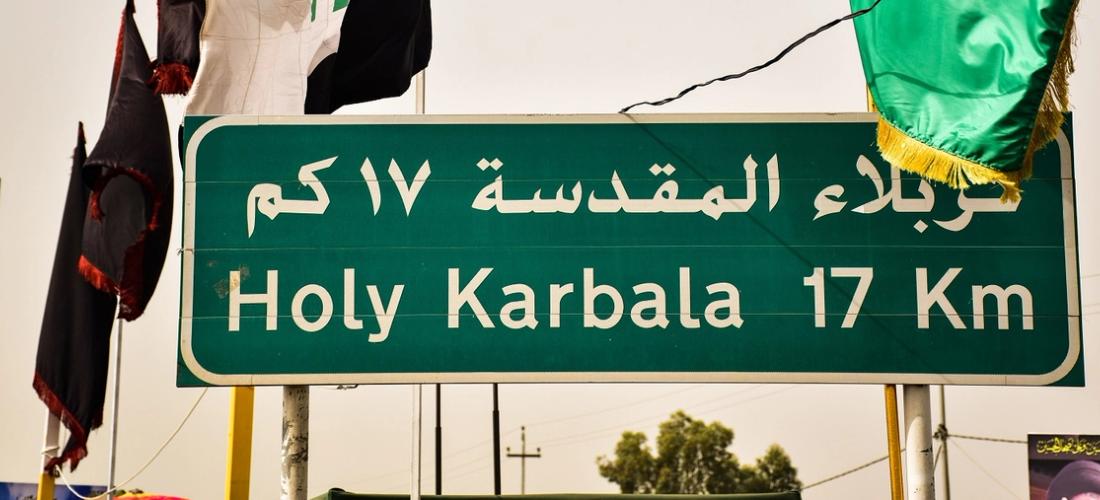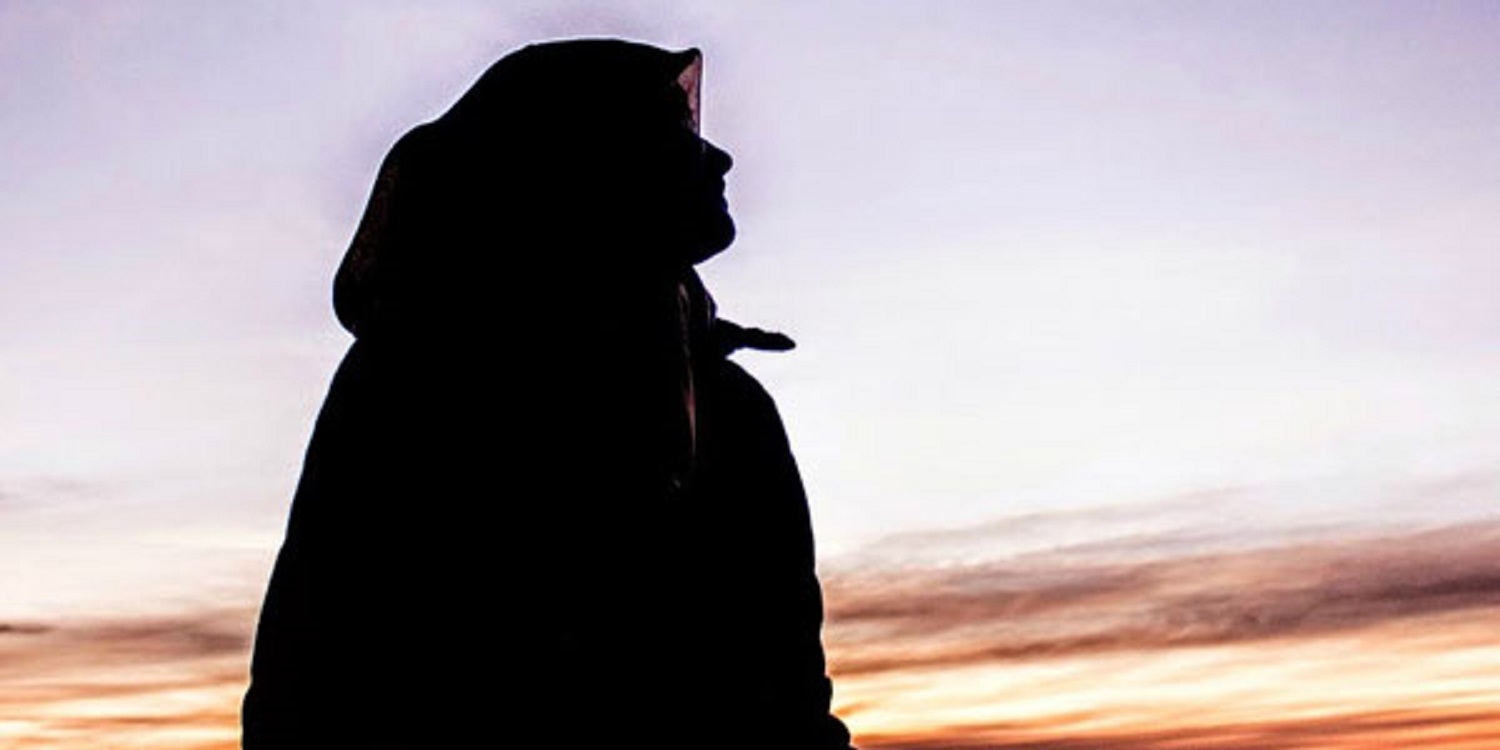Justice Through the Female Gaze: An Intergeneration Witnessing of Karbala
Faith
|
Aug 3, 2022
|
4 MIN READ

Photo by أخٌفيالله on Unsplash
Editorial note: At the beginning of Muharram, we put a call out for Shi'a perspectives on the lessons learned from Ashura and this month. We received many wonderful entries and inquiries and are honored to share some of these posts with you.
By The Rogue Muslim
Allah’s (S) justice encompasses everything, right? But how much do we believe it? To what extent do we believe it? What are our limits of belief when it comes to His justice?
Karbala shows me that His Justice is the gift that keeps on giving. That His gift of Aql makes it possible to witness His justice so that we may expand our belief. His justice demands faith, and that faith demands Justice.
Allah (S) is justice, and it is this justice that was witnessed on the plains of Karbala in 61 A.H. and it is this justice that we re-witness today and will continue to do so even into the akhira (hereafter). The justice seen in Karbala comes in many forms, but one of the forms that resonates with me the most is the justice via the female gaze.
Karbala, and more directly, Islam lives on today via two key methods of submitting to Allah (S). The first was through submitting to His will, as Imam Hussain (as) and his companions did on the plains of Karbala. The second comes from witnessing and translating that submission. It is the women of Karbala who had a great role in transmitting the narrative of submission. It is this narrative that transcends time and space, and brings Allah (S), Islam, and those fighting for the path of truth as the victorious. It is a part of God’s justice in rewarding those who submitted to Him in faith.

Image source: Unsplash
This female gaze of the ladies of Karbala was an active one and not passively hidden behind the veil. Karbala teaches us that the social and political hijab of women in society is not passive. From advocating for and spreading the truth of what occurred, to holding the first gathering, to commemorating what happened in Karbala, it is the ladies of that time and place who shared and spread what they witnessed.
This vocal witnessing is instrumental in how experiences are shared and how the truth lives on today.
This justice of Allah (S) has taught me to never underestimate the power and depth of the female gaze. This female gaze of Karbala from then until now is intergenerational. The tradition of holding gatherings by the ladies of Karbala is practiced today. The tradition of lamenting is witnessed today. The intergenerational sharing of what was witnessed at Karbala today by the ladies in their homes with children around is part of the reason why the story of Karbala has survived.
This witnessing through grief and tears, this witnessing through sharing the love within Islam, this witnessing of learning and growing, this grief that sits heavy but is a weight that guides, this is the grief that encompasses us, body, mind and soul. This grief is witnessing the power of Karbala, which teaches us that justice is turning to God in the face of hardship and oppression and that He will take care of the rest. It shows that faith demands justice, and justice demands faith.
From 61 A.H to present day 1444 A.H, the female gaze and voice is instrumental to narrating the tragedy of Karbala. Retelling Karbala RELIES on the female gaze and voice. Otherwise, the tragedy would have died on the plains of Karbala. In this sense Karbala DEMANDS egalitarian access to the story and the space to voice it.
The responsibility to retell Karbala is one that has been carried on for generations. That responsibility and honor is a part of His justice. But the retelling can only continue where the power dynamics are equal, where the voices of women are not suppressed. Karbala did not suppress our voices. All over, we have a responsibility to uplift and give space to women’s voices. Because to deny that is to deny Karbala.
All over, we have a responsibility to uplift and give space to women’s voices. Because to deny that is to deny Karbala.
The Rogue Muslim
In witnessing Karbala today, we partake in a revolutionary act of resistance. Where holding gatherings to commemorate Imam Hussain (AS) is silenced, infiltrated, bombed and violated; then to hold gatherings is an act of revolutionary resistance. It is a continued generational act of witnessing Karbala.
So, let us pray for all those who continue to hold gatherings in their home. Let us pray for the ladies who continue to hold the tradition of sharing the story of Karbala. Let us uplift the voices of women, so the story of Karbala continues to stray away from the margins where it was never intended to be. And, let us pray we use the wisdom and guidance of Karbala to always support our women and children in our homes and in society.
And, if you have ever doubted your value and purpose here, know that you are the justice of Allah (S). Know that you are the justice Allah (S) wants in this world for what happened in 61 A.H. And, that is why Zainab (as), the daughter of the Prophet Muhammad (saw), witnessed nothing but beauty.
The Rogue Muslim is a platform for Muslims, about Muslims, by a Muslim. We’re all about showing the power of tawheed and uniting under His loving mercy. We’re unlearning how we’re told to be Muslim, and re-learning how Allah (S) wants us to be Muslim. We’re going rogue. Instagram: @theroguemuslim; twitter: @theroguemuslim; podcast: The Rogue Muslim (available on all podcasting platforms).
Subscribe to be the first to know about new product releases, styling ideas and more.
What products are you interested in?


